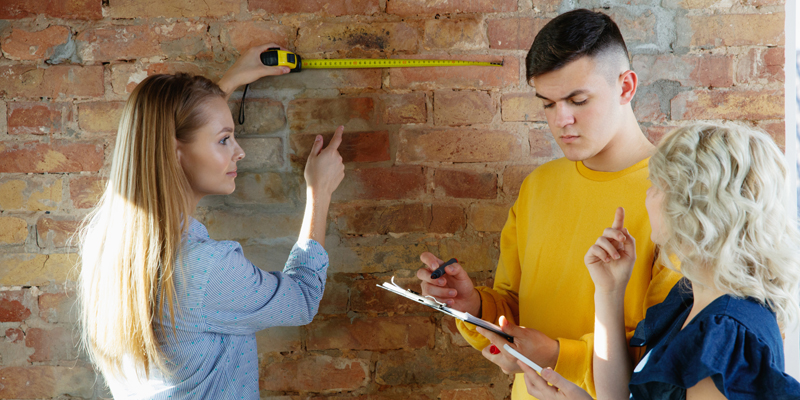The Importance of Home Inspections for First-Time Homebuyers
Buying your first home is an exciting yet often overwhelming journey. One of the most crucial steps in this process is the home inspection, which provides valuable insights into the condition of the property you’re considering. By understanding the home inspection process, you can make informed decisions and protect your investment. Let’s break it down into relatable and easy-to-understand terms.
What is a Home Inspection?
Think of a home inspection as a comprehensive check-up for a house. Conducted by a certified inspector, this evaluation examines various critical components of the property, including the roof, foundation, plumbing, electrical systems, and HVAC (heating, ventilation, and air conditioning). The goal? To uncover any current or potential issues that could affect your new home.
Why Are Home Inspections Essential?
Home inspections are vital because they provide you with a clear picture of what you’re getting into. During a standard showing, it’s easy to overlook hidden problems that could lead to costly repairs later. By having a professional inspect the home before you buy it, you can avoid unpleasant surprises after closing—such as discovering a leaky roof or plumbing issues.
What to Expect During a Home Inspection
When it’s time for the inspection, the inspector will methodically evaluate different areas of the home. They’ll assess everything from structural integrity to safety features and the functionality of essential systems. Inspections typically last a few hours, and it’s highly recommended that you be present. Attending the inspection allows you to ask questions on the spot and gain firsthand knowledge about any concerns.
After the inspection is complete, you’ll receive a detailed inspection report summarizing the findings. This document outlines any defects or safety issues and suggests necessary repairs. Think of it as your roadmap for negotiations with the seller. If there are significant concerns, you can use this report to request repairs or even negotiate a lower sale price.
With the inspection report in hand, you’ll feel empowered to make informed decisions about your potential new home. If serious issues arise, you have options: you can request repairs be made before closing, ask for a price reduction, or, in some cases, choose to walk away from the deal altogether if it doesn’t feel right.
